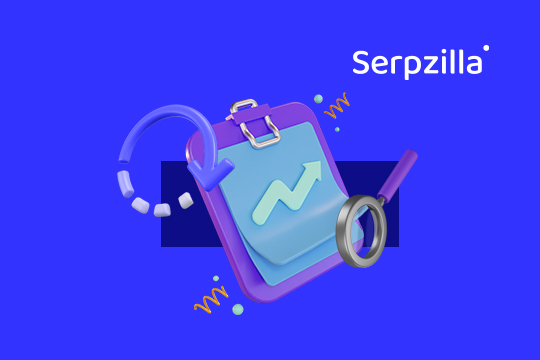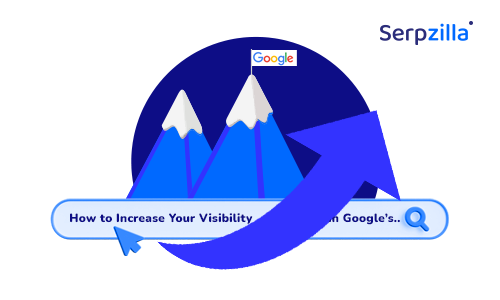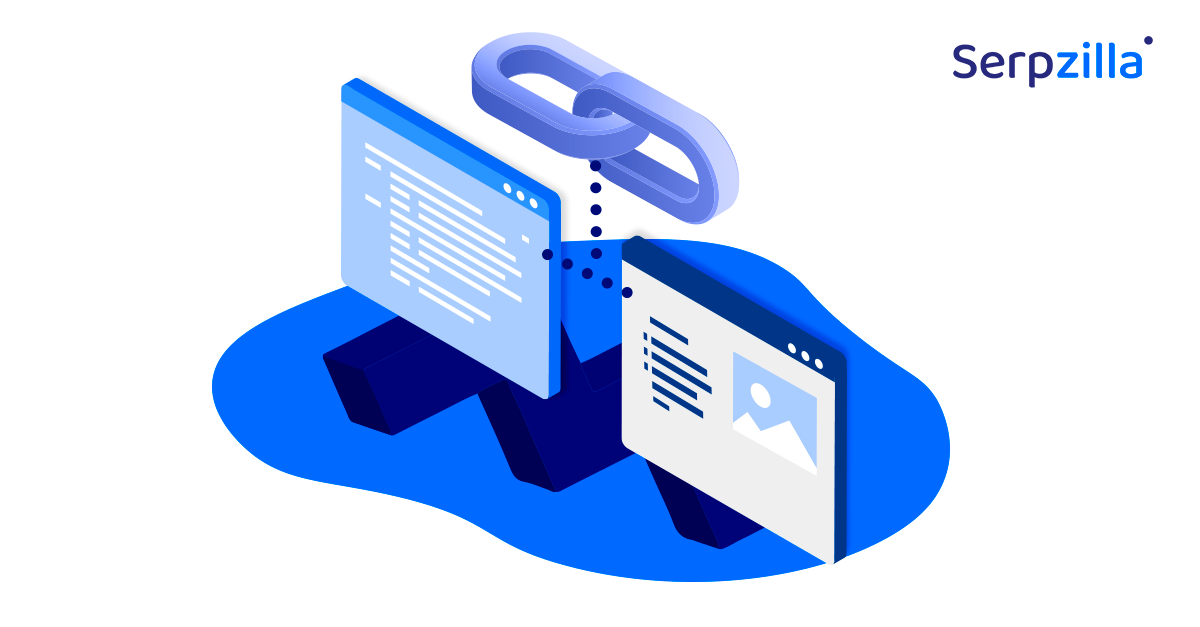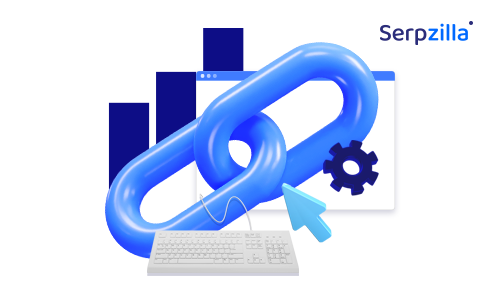Editorial links are important for enhancing any website or blog’s authority and ranking on the search engine pages. Because it is getting increasingly complicated to build these links as a part of white hat link building practices, webmasters need to understand the details better. This post will help you unravel the secrets of editorial links and how to achieve them in 2025. Let’s dive in:
What Are Editorial Links in SEO?
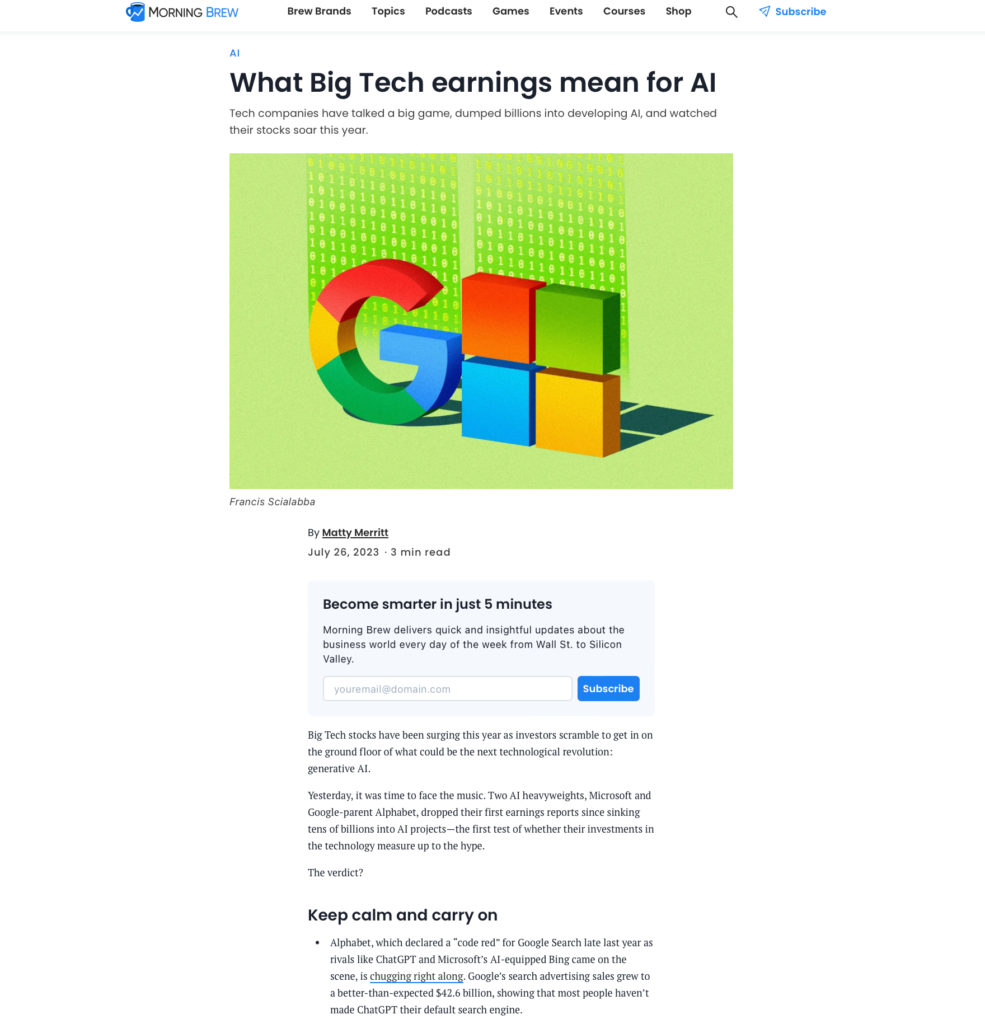
Editorial links offer a natural and organic format of hyperlinking for SEO. These links are given primarily by various online blog, publications, or website editors, writers, or content creators. They choose to reference and link to external sources based on the quality and significance of the information provided and the context.
Unlike other backlinks obtained through explicit efforts, such as self-promotion or reciprocal agreements, editorial links are completely earned through the inherent value and credibility of the content they connect. Building editorial links is also considered a core content marketing activity and helps in getting maximum ROI.
Some examples include:
- Citations in a scientific article of a comprehensive research study, linking to the original paper or findings.
- Featured mentions of a beauty product on a fashion blog.
- An article on financial trends that mentions a recent news article on stock market
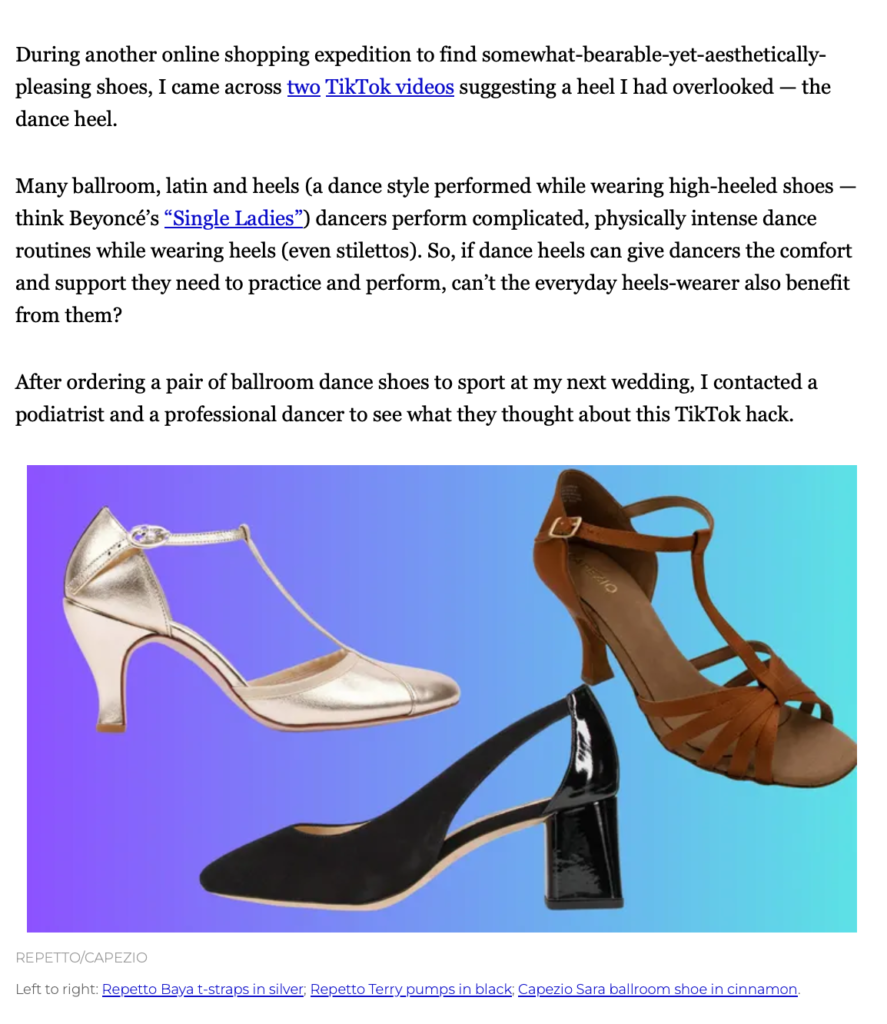
Benefits and Challenges of Editorial Link Building
Pros of Using Editorial Links:
Authority Boost: Editorial links, earned naturally due to content quality, enhance your website’s authority in the eyes of search engines, contributing to improved rankings.

Credibility and Trust: When your website secures links from respected and authoritative sources, it contributes to elevating its authority and standing. Search engines factor in this element when determining the positioning of pages within their results.
Elevating Search Rankings and Increasing Traffic: Premium editorial links play a pivotal role in boosting your site’s standing in search results. Search algorithms consider a site’s link profile in evaluating its relevance and importance for specific search queries.

Augmenting Referral Traffic through Link Follows: Editorial links, particularly from reputable and pertinent websites, can draw more visitors to your site. Users are likely to click on links within quality articles to access additional valuable information, thereby increasing referral traffic.
Cultivating Connections with Esteemed Sites: Incorporating content on other platforms through editorial links presents an opportunity to forge closer ties with industry experts. This engagement can lead to the formation of new partnerships, collaborations, and mutually beneficial relationships.

Economizing Resources: The placement of editorial links does not entail payment for link placement. Consequently, by investing in high-quality content rather than budgeting for link purchases, cost savings can be realized. However, it’s important to note that this strategy doesn’t lend itself to mass-scale efforts; acquiring 50 or 100 highly valuable editorial links in a single month is unlikely.
Relevance Signals: Editorial links are often contextually relevant, signaling to search engines that your content is valuable and aligns with the interests of your target audience.
Long-Term Value: Unlike some quickly acquired links, editorial links tend to have enduring value, providing sustainable benefits for your website’s SEO over time.
Mistakes to Avoid When Building Editorial Links:
Ignoring Content Quality: Focusing solely on link acquisition without prioritizing the creation of high-quality, valuable content can diminish your chances of earning editorial links.
Overly Aggressive Outreach: Pushing for editorial links through aggressive or unsolicited outreach can be counterproductive. Build relationships naturally and avoid appearing spammy.
Neglecting Diversity: Relying on a single source or type of editorial link may limit your overall link profile diversity. Aim for a well-rounded backlink profile for optimal SEO benefits.
Failing to Monitor and Update: Once earned, editorial links should be monitored to ensure they remain active and relevant. Outdated or broken links can have a negative impact on your SEO.
Ignoring Relevance: Pursuing links from irrelevant or low-quality sources can harm your website’s reputation and SEO. Prioritize links that align with your content and industry.
Strategies for Getting Editorial Links
Produce High-Quality, Original Content: Creating content that is unique, valuable, and relevant to your audience is the cornerstone of earning editorial links. Search engines and other websites are more likely to link to content that stands out for its quality and authenticity.
Conduct Original Research or Surveys: Original research adds a compelling layer to your content, making it a valuable resource for others. When your findings are unique, other websites and researchers are more inclined to reference and link to your work.
Leverage Newsjacking: Stay abreast of current events and trends in your industry. By quickly incorporating your perspective or expertise into breaking news, you can capitalize on the virality of the topic, attracting attention and potential editorial links.
Create Comprehensive Guides and Resources: Develop in-depth guides that serve as go-to resources within your niche. Comprehensive content positions you as an authority, attracting links from websites seeking to provide valuable references to their audience.

Guest Posting on Authoritative Sites: Contribute guest posts to well-established and authoritative websites within your industry. This not only exposes your content to a broader audience but also provides valuable backlinks from respected sources.
Establish Relationships with Journalists and Bloggers: Cultivate relationships with influencers, journalists, and bloggers in your field. Building genuine connections can lead to organic mentions and editorial links when they find your content relevant to their audience.
Offer Expert Opinions and Commentary: Position yourself as an expert in your domain by offering insights, opinions, and commentary on industry developments. Journalists and bloggers often seek expert input, providing opportunities for valuable backlinks.
Participate in Industry Forums and Discussions: Engage in relevant industry forums and discussions, contributing valuable insights. Active participation not only establishes your expertise but can also lead to organic links as others reference your contributions.

Utilize Social Media for Content Promotion: Actively promote your high-quality content on social media platforms. Increased visibility can attract attention from other content creators, leading to organic sharing and potential editorial links.
Submit Your Content to News Aggregators: Submit your content to reputable news aggregators and content discovery platforms. When your content gets featured, it can attract attention from other publishers and result in organic links from various sources.
Keeping Track and Upkeeping Your Editorial Links
It’s no rocket science to build and maintain editorial links. But with content being created left, right and center, you need to make some extra efforts to stay afloat in 2025.
1. Regular Link Audits
Performing routine link audits is essential to keep track of acquired editorial links. Use tools like Ahrefs or SEMrush to identify changes, additions, or removals in your backlink profile, ensuring the accuracy of your link inventory.
2. Use of SEO Tools
Leverage comprehensive SEO tools such as Ahrefs, SEMrush, or Moz to track and analyze editorial links. These tools provide detailed insights into link metrics, helping you understand the overall health and performance of your backlink profile.
3. Check Link Relevance and Quality
Regularly assess the relevance and quality of your editorial links. Ensure they align with your content and are from reputable sources. Use link quality metrics from SEO tools to guide your evaluation.
4. Monitor Link Placement and Context
Verify that your editorial links are appropriately placed within relevant content contexts. Regularly check that the surrounding content aligns with your brand and message for a cohesive online presence.
5. Track Link Status
Keep a vigilant eye on the status of your editorial links. Regularly check if links are live, removed, or altered. Swiftly address any changes to maintain the integrity of your backlink profile.
6. Alerts for New Links
Set up alerts using tools like Ahrefs or Google Alerts to be instantly notified when new editorial links pointing to your website are created. This proactive approach allows you to stay informed in real-time.
7. Analyze Traffic from Editorial Links
Utilize analytics tools to monitor the traffic generated through editorial links. Assess the value and effectiveness of each link in driving relevant traffic to your website, helping refine your content and link-building strategies.
8. Engage with Content Publishers
Establish and maintain open communication with website owners or editors hosting your editorial links. Cultivate positive relationships to enhance collaboration and potentially secure additional high-quality backlinks.
9. Respond to Broken or Lost Links
In the event of broken or removed links, promptly reach out to website owners or editors. Inquire about reinstating or updating the link, fostering a cooperative approach to link maintenance.
10. Assess Impact on SEO Performance
Evaluate the impact of editorial links on overall SEO performance, including changes in search rankings and organic traffic. Use this analysis to refine your SEO strategy and focus on activities that contribute positively to your online visibility.
11. Document and Report Findings
Maintain detailed records of link monitoring efforts. Document key metrics, changes over time, and insights gained from the analysis. Generate regular reports to facilitate informed decision-making and strategy adjustments.
12. Revise Link Building Strategies
Based on monitoring findings, adapt and revise your link-building strategies. Focus on methods that prove most effective in acquiring and maintaining high-quality editorial links, ensuring a sustainable and impactful SEO strategy.
Practical Ways To Get Editorial Links
How to get links that don’t require any effort to get? Most often, this is associated with specialized content, in which you can invest and receive double profit – strengthening your brand and strengthening SEO through natural word of mouth about you on the network.
- Conducting Research And Publishing It
MOZ does it, for example. A study released in 2021 on the topic “Links and Brand as Ranking Factors: 2021 Correlation Study” (https://moz.com/blog/2021-links-ranking-correlation-study)
Collects stable traffic on a regular basis:
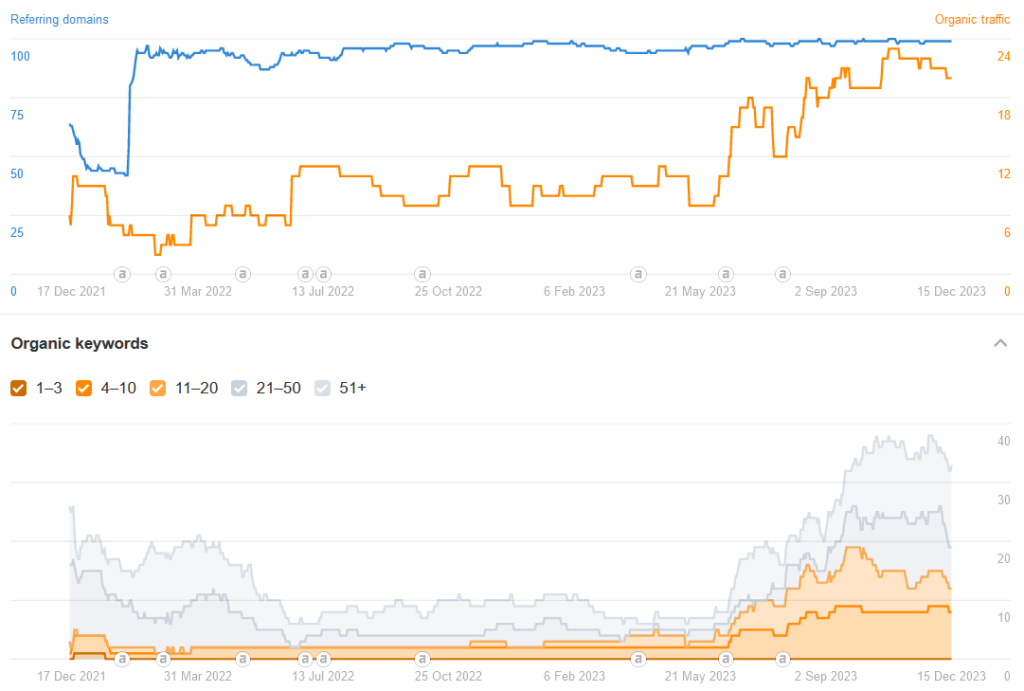
Creating Cases
Creating strong case studies and use cases that prove your stance.
- Choose impactful cases: Focus on projects that showcase your most impressive results and align with your desired target audience.
- Tell a compelling story: Don’t just list data. Structure your case study as a narrative with a clear beginning, middle, and end. Use specific examples,quotes, and visuals to create an engaging experience.
- Optimize for visibility: Consider SEO factors when writing your case study.Include relevant keywords and structure it for easy reading and sharing.
- Spread the word: Promote your case studies on your website, social media,and relevant online communities. Encourage clients to share them as well.
Create Free Utilities And Monitoring Services
Use free microservices to attract audiences and share links to your domain. A striking example is monitoring the results of search services. We constantly see how with any slightest change in search algorithms, many links to such tools appear

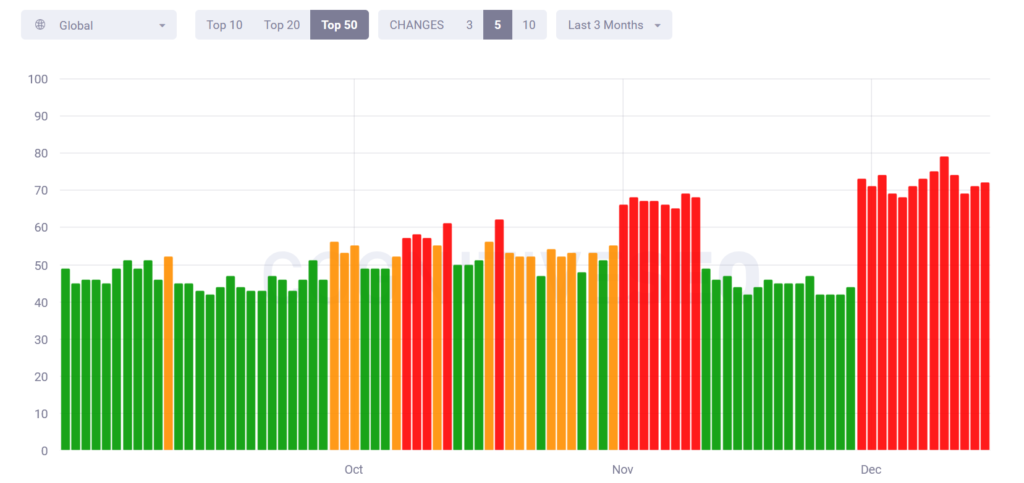
Invest in the power of your brand
Play the long game, create a strategy. Often, simply the presence of a strong company or people from it at some event will definitely be noted both verbally and with link building.
Creation of news feeds
Starting from live broadcast on the network, to organizing a meetup or conference.It’s even better if the event is periodically recurring and it will form its own audience and sub-brand. For example, https://brightonseo.com/
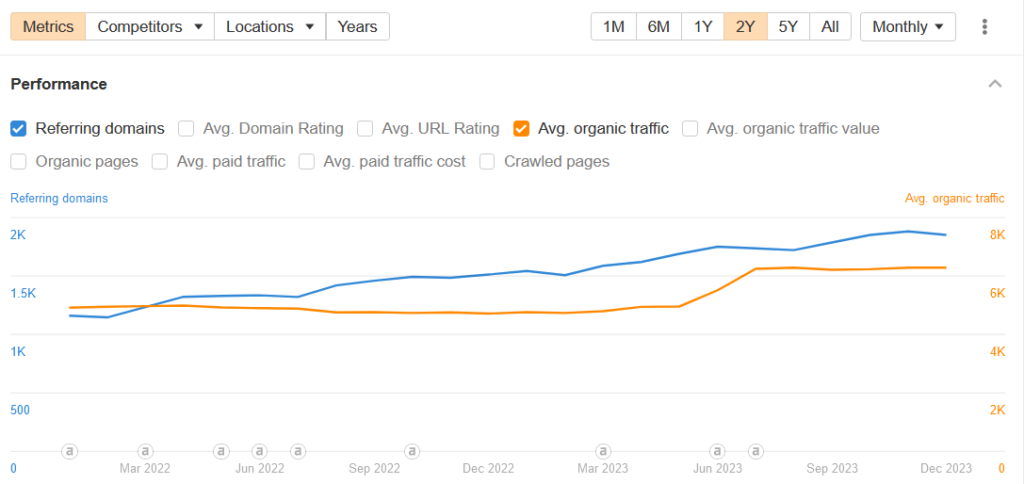
Infographics
Infographics help to collect complex information into a single concept that people are happy to share.
Example:
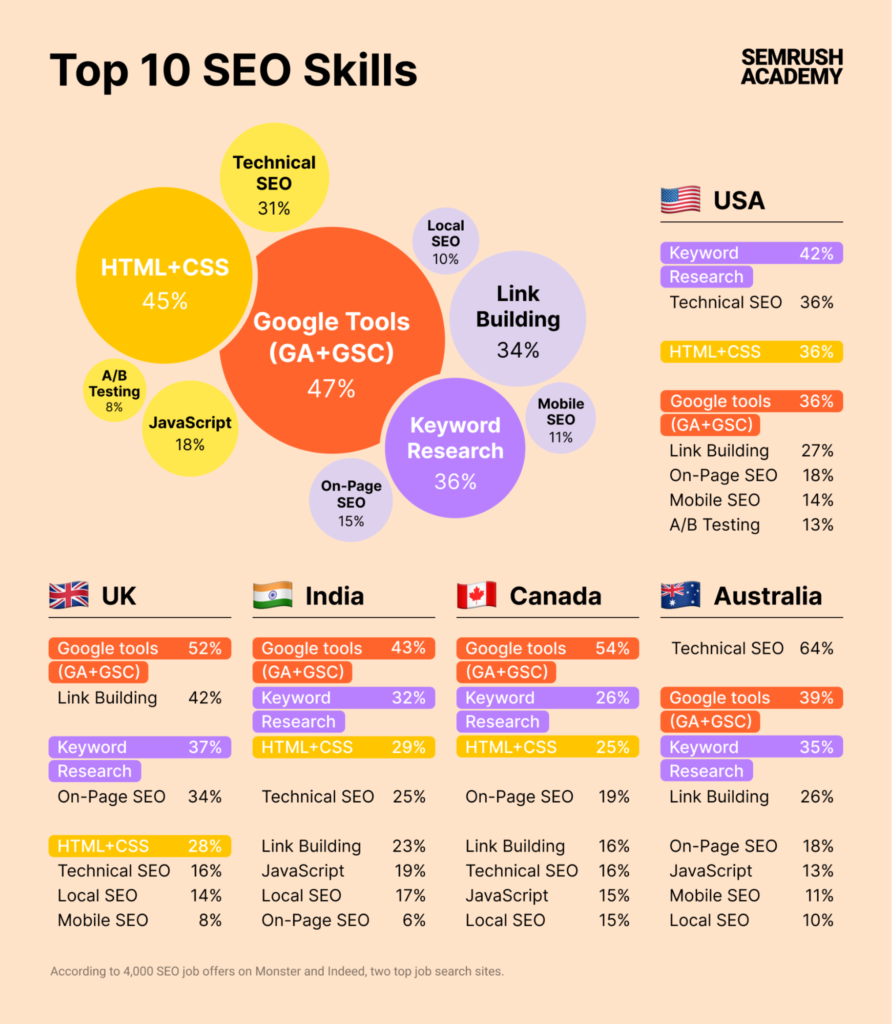
Adding a site to content aggregators
There are many different services that collect information from various sites and aggregate it into a single space. A striking example is Google.News. Being visible in such resources means getting a lot of reprints, which affect not only SEO indicators, but also referral traffic. And links from which there are clicks will work even better and have a greater impact on Off Page SEO factors.
Good and interesting interviews
An article by The Verge from journalist Amanda Chicago Lewis about how the Internet and search have changed over the past 30 years, in which she interviewed many experts, went viral.https://www.theverge.com/features/23931789/seo-search-engine-optimization-experts-google-results
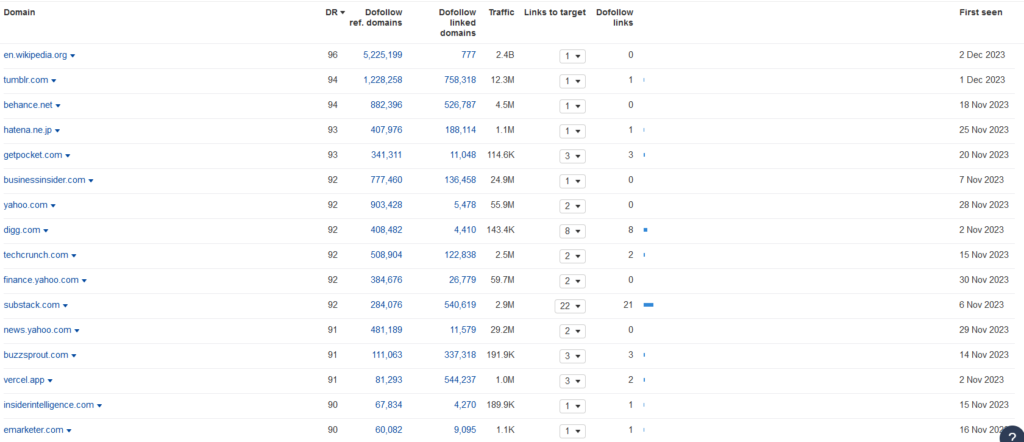
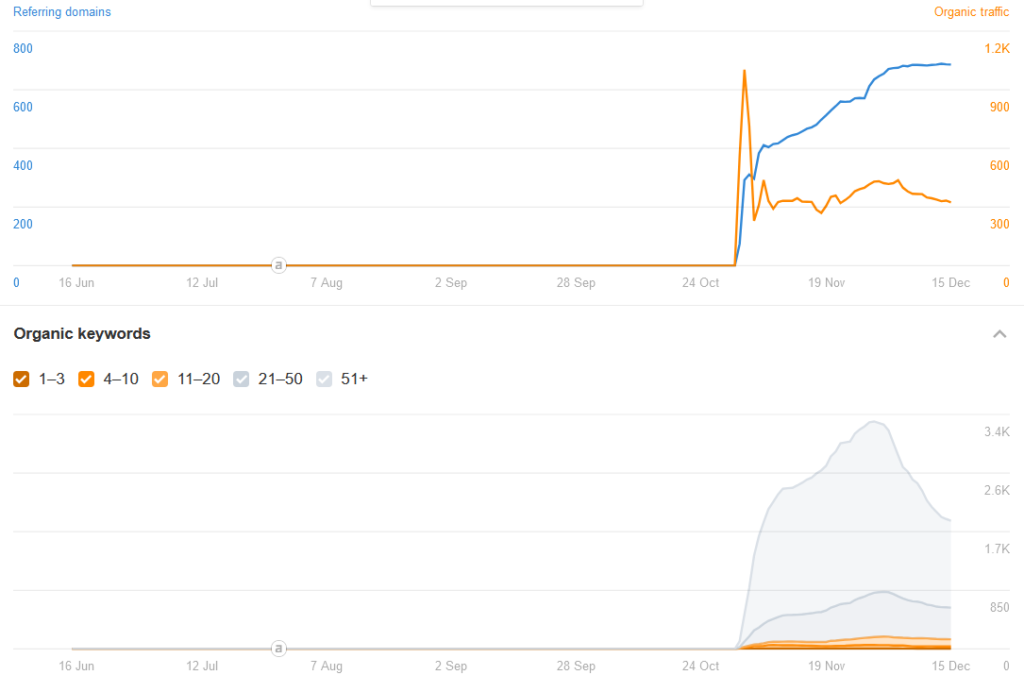
It is noteworthy that in order to create such materials you don’t have to be an expert, you just need to be insightful 🙂 Well-known expert Barry Schwartz mentioned in his recent video that when Amanda was interviewed, she knew nothing about SEO and he spent about an hour just introducing her to course of affairs
Using content sharing services for journalists
You can use both sharing your content and working with comments. Journalists ask for expert answers to pressing topics and, when mentioned, will leave a link to you.
Boost your SEO results! Link building has become fast and easy with Serpzilla. Buy quality backlinks on authority websites with high DR.
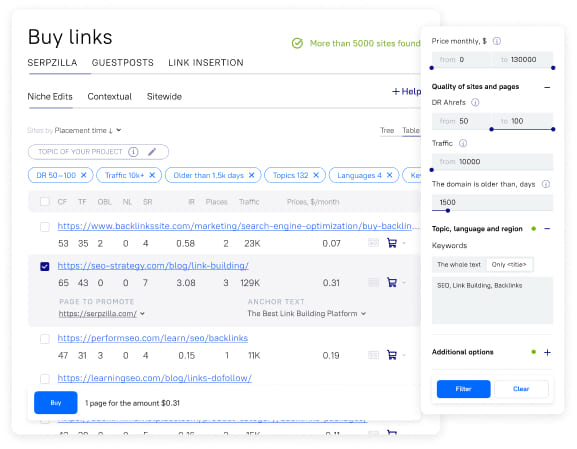
Conclusion
In conclusion, editorial links remain a critical aspect of a robust and effective SEO strategy in 2025. These organic, contextually relevant links are bestowed upon your content by authoritative and trustworthy sources, contributing significantly to your site’s authority, search rankings, and overall online presence.
To secure editorial links in 2025, focus on producing high-quality, shareable content, building genuine relationships within your industry, and staying attuned to emerging trends and opportunities for collaboration. By adapting to the evolving digital landscape and consistently delivering value, you can not only obtain editorial links but also fortify your position in the online domain.



